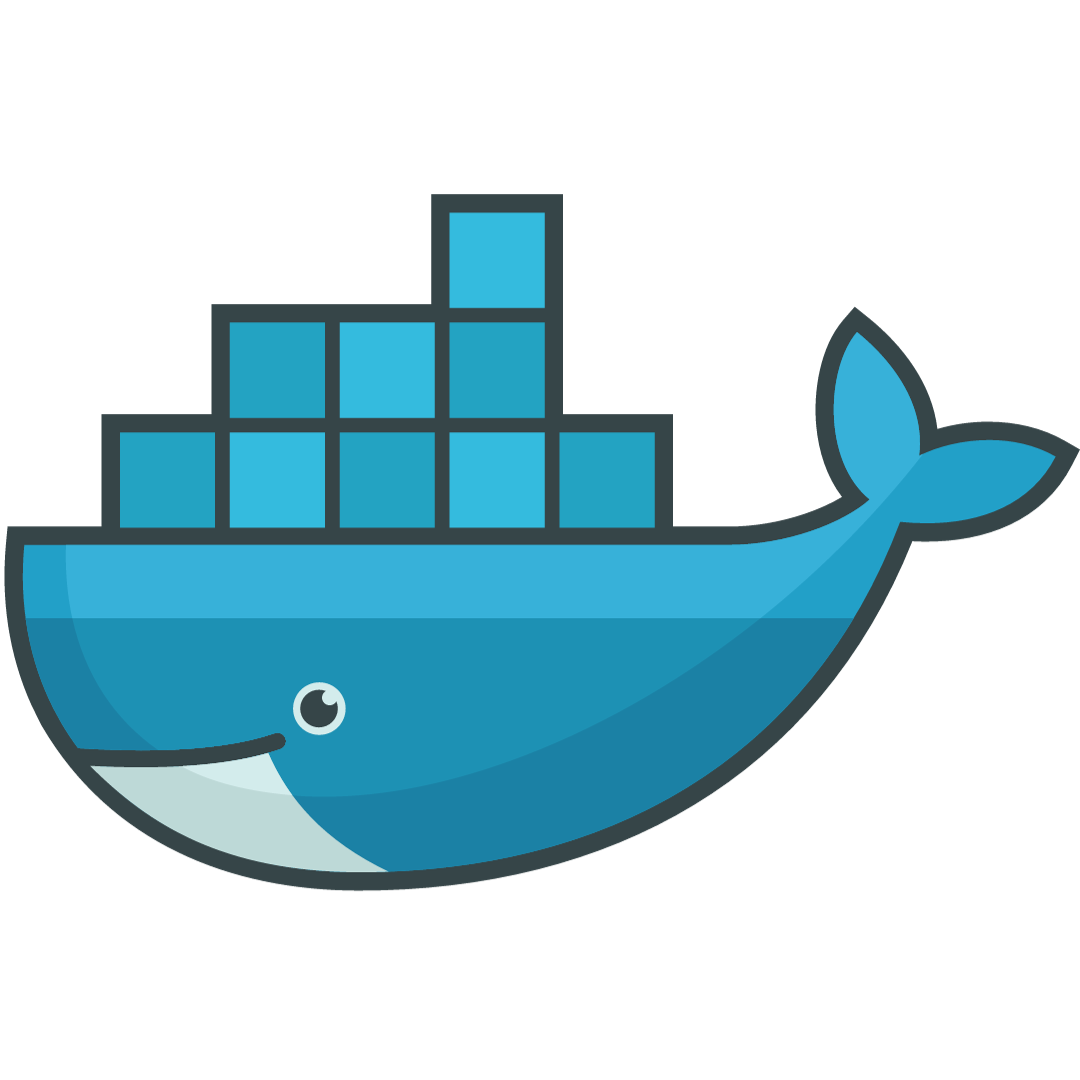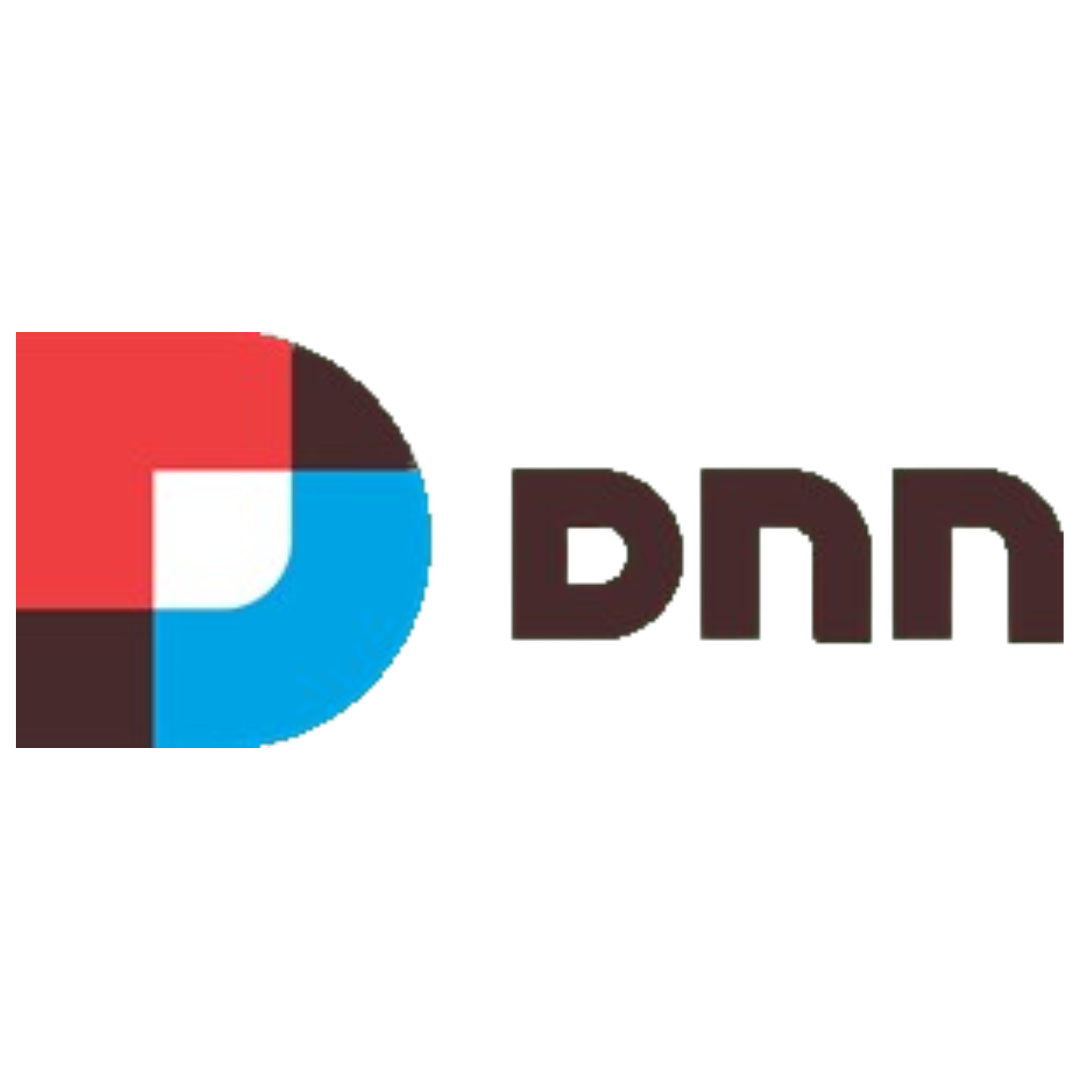
Everything You Need To Know About Cloud Computing
Cloud computing has now completely revolutionized the way we approach technology and data management which fundamentally alters the landscape of IT infrastructure. To its core, cloud computing is a paradigm that ensures ubiquitous access to a shared pool of configurable computing resources. It has networks, servers, storage, applications, and services like the rapidly provisioned and released one with minimal management effort.
Cloud computing is now a backbone of modern digital ecosystems to empower businesses, researchers, and individuals to innovate, collaborate, and adapt to the ever-evolving technological landscape.
Cloud Computing Basics
Cloud computing is a program that involves accessing and utilizing computing resources like servers, storage, and applications on the internet. This gives independence to users by tapping into remote servers that are hosted in data centers for storing, processing, and managing data. This approach gives all the scalability, flexibility, and cost efficiency by allowing organizations and individuals to access and pay for only the resources they require. Cloud computing is also another fundamental element of modern IT ecosystems to enable innovation, collaboration, and adaptability in the rapidly evolving digital landscape. In a nutshell, cloud computing is a model to access and use computing resources on the internet. This gives scalability, flexibility, and cost efficiency. With this, users can accept remote servers instead of local infrastructure to foster innovation and adaptability.
Types of Cloud Computing
Cloud architecture refers to the design and structure of cloud computing environments, defining how various components interact to deliver services and applications. There are several types of cloud architectures, each with its characteristics and use cases.
1. Public cloud
Public cloud architecture involves hosting services and resources on a third-party provider's infrastructure, making them accessible over the Internet. This model is cost-effective and scalable, with resources shared among multiple users.
2. Private cloud
Private cloud architecture involves the exclusive use of cloud resources by a single organization.It can be hosted either on-premises, within the organization's own infrastructure, or by a third-party provider, offering flexibility and diverse hosting options tailored to specific needs. Private clouds offer greater control, security, and customization but may be more expensive than public clouds.
3. Multi-cloud
Multi-cloud architecture refers to using services from multiple cloud providers. Organizations adopt this strategy to avoid vendor lock-in, enhance redundancy, and leverage specific strengths of different providers for various parts of their infrastructure.
4. Hybrid cloud
Hybrid cloud architecture combines both on-premises infrastructure and cloud services, allowing data and applications to be shared between them. This model offers flexibility, allowing organizations to balance the benefits of public and private clouds while meeting specific requirements for data residency, security, compliance, workload optimization, and seamless integration.
Benefits of Cloud Computing
Cloud computing offers a myriad of advantages that have revolutionized the way businesses operate and manage their IT infrastructure. By leveraging scalable and flexible cloud services, organizations can enhance efficiency, collaboration, and innovation while reducing the burden of maintaining extensive on-premises hardware.
1. Cost Efficiency
Cloud computing eliminates the need for upfront infrastructure investment and allows businesses to pay for only the resources they consume, promoting cost efficiency and scalability. This pay-as-you-go model also reduces the financial risks associated with overprovisioning.
2. Scalability and Flexibility
Cloud services provide the ability to scale resources up or down based on demand, ensuring flexibility to accommodate changing business requirements without overprovisioning. This adaptability supports businesses in meeting variable workloads efficiently.
3. Global Accessibility
Cloud services enable users to access data and applications from anywhere with an internet connection, facilitating remote work and global collaboration. This increased accessibility enhances productivity and responsiveness to customer needs across diverse geographical locations.
4. Reliability and High Availability
Cloud providers typically offer robust infrastructure and redundancy, ensuring high availability and minimizing downtime, which is crucial for mission-critical applications. This reliability promotes a consistent user experience and helps prevent disruptions in service.
5. Automatic Updates and Maintenance
Cloud service providers handle system maintenance, updates, and security patches automatically, relieving organizations from the burden of routine IT tasks. This automated maintenance ensures that systems are regularly updated, reducing vulnerabilities and enhancing overall security.
6. Improved Collaboration
Cloud computing enhances collaboration by providing centralized access to documents and applications, enabling real-time collaboration among team members, regardless of their physical locations. This collaboration fosters a more connected and agile work environment.
7. Security Measures
Cloud providers invest heavily in security measures, often employing advanced encryption, access controls, and compliance certifications to protect data and applications. These comprehensive security measures are continuously updated to address evolving threats and compliance standards.
Disadvantages of Cloud Computing
While cloud computing brings about transformative benefits, it's essential to acknowledge potential challenges that organizations may face. Understanding the drawbacks is crucial for making informed decisions regarding cloud adoption.
1. Security Concerns
Security is a top concern as sensitive data is stored on third-party servers. Though cloud providers implement security measures, the risk of unauthorized access or data breaches exists, necessitating robust encryption and authentication practices.
2. Downtime and Service Outages
Cloud services are not immune to downtime, and when service outages occur, it can impact the accessibility of applications and data, affecting business operations. Implementing contingency plans and redundancy strategies is crucial to mitigate these risks.
3. Limited Customization and Control
Cloud users have limited control over the infrastructure and may face restrictions on customizing certain aspects of the environment, potentially impacting specific application requirements. Balancing customization needs with cloud provider capabilities is essential for optimal performance.
4. Dependency on Internet Connectivity
Reliable internet connectivity is essential for accessing cloud services. If the internet connection is unstable or disrupted, users may experience interruptions in service and data access, emphasizing the importance of a robust internet infrastructure.
5. Data Privacy Concerns
Cloud providers may store data in various locations, raising concerns about compliance with data privacy regulations and the potential for data residency issues. Careful consideration and adherence to regulatory requirements are vital for data privacy and legal compliance.
6. Costs Over Time
While cloud services often offer cost savings initially, long-term costs can accumulate, especially if resource usage exceeds the initial estimates or if there are unexpected charges. Regular monitoring and optimization efforts are necessary to control costs effectively.
7. Limited Performance Control
Organizations may have limited control over the performance of cloud resources, leading to potential issues related to latency and response times, particularly in multi-tenant environments. Selecting appropriate service levels and performance monitoring tools can help address these concerns.
Security Concerns in Cloud Computing
As organizations increasingly embrace cloud computing for its scalability and flexibility, it is crucial to recognize and address potential security concerns associated with this transformative technology. Ensuring the protection of sensitive data and maintaining the integrity of cloud environments are paramount.
1. Data Breaches
The risk of unauthorized access to sensitive data is heightened, potentially resulting in data breaches. Robust encryption, access controls, and continuous monitoring are essential to mitigate this risk. Implementing strict user authentication protocols further enhances data protection.
2. Identity and Access Management (IAM)
Proper management of user identities and access privileges is crucial. Weak IAM practices can lead to unauthorized access, compromising data integrity and confidentiality. Regularly auditing and updating IAM policies help maintain a secure access environment.
3. Compliance and Legal Issues
Meeting regulatory requirements and ensuring compliance with data protection laws can be challenging. Cloud users must navigate varying legal frameworks and standards, particularly when data is stored in different geographical locations. Regularly reviewing and adapting compliance measures is essential to address evolving legal landscapes.
4. Insecure Application Programming Interfaces (APIs)
Inadequately secured APIs can expose vulnerabilities, potentially allowing unauthorized access to applications and data. Regular security assessments and testing are essential to identify and address API-related risks. Implementing API security measures, such as proper authentication and authorization mechanisms, strengthens overall cloud security.
5. Data Loss
The loss of critical data can occur due to accidental deletion, system failures, or malicious activities. Implementing robust backup and recovery strategies is essential to mitigate the impact of data loss. Regularly testing data recovery procedures ensures swift response in the event of data loss incidents.
You can also visit related blogs:


































































comments for "An Interview with Exavibes Services"
Leave a Reply